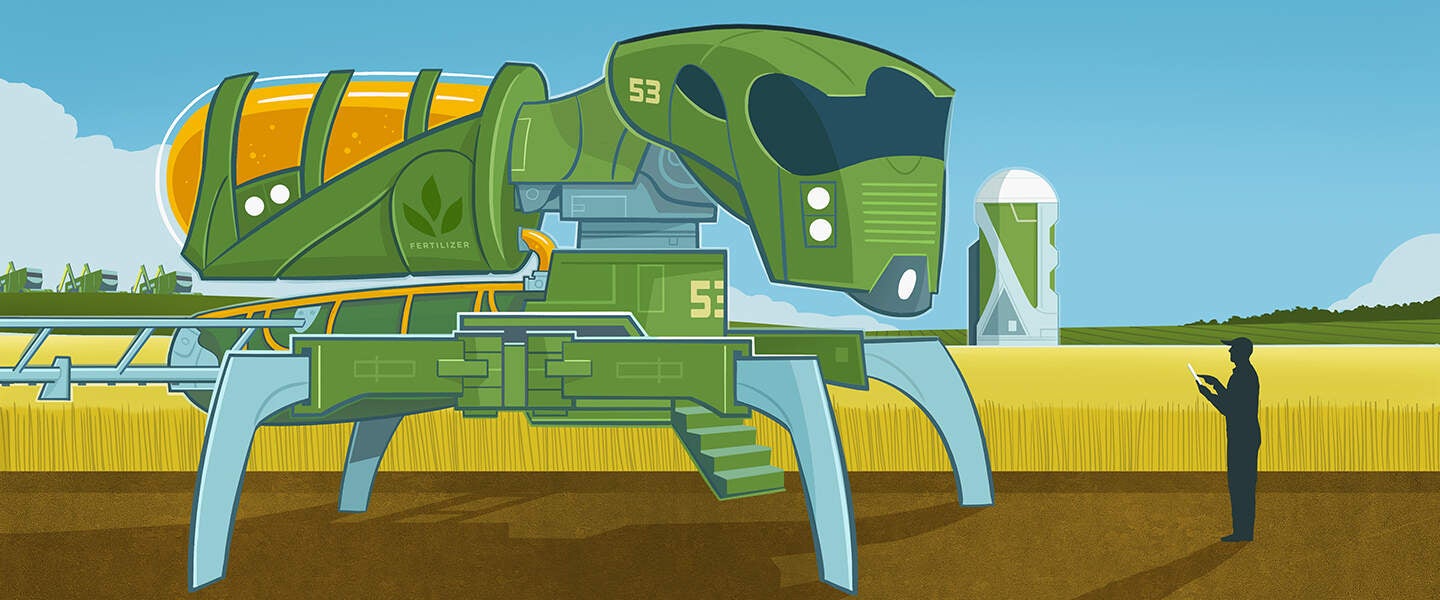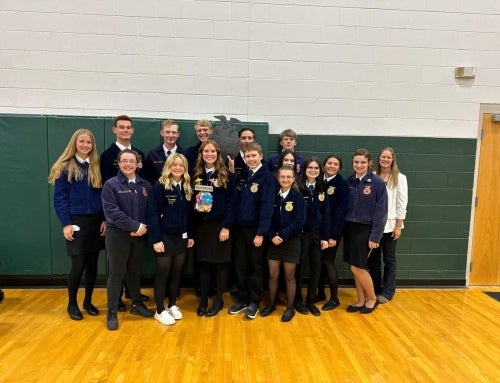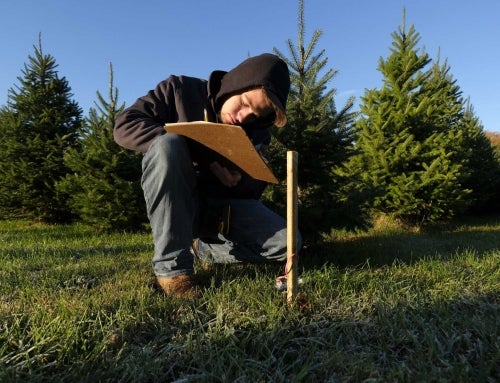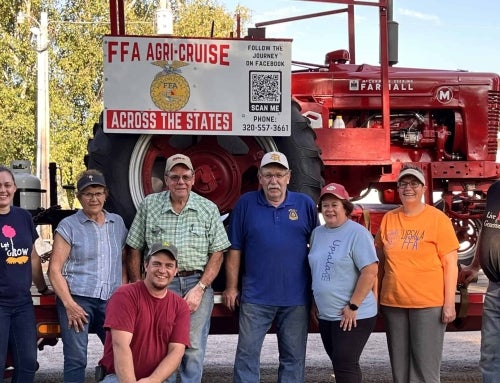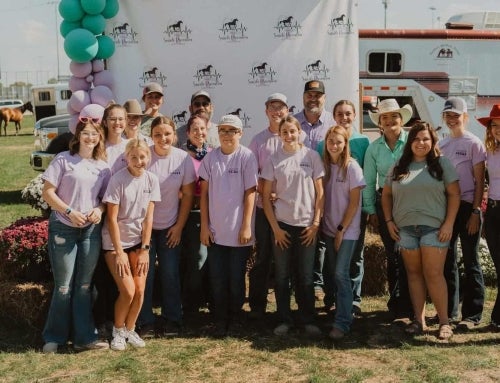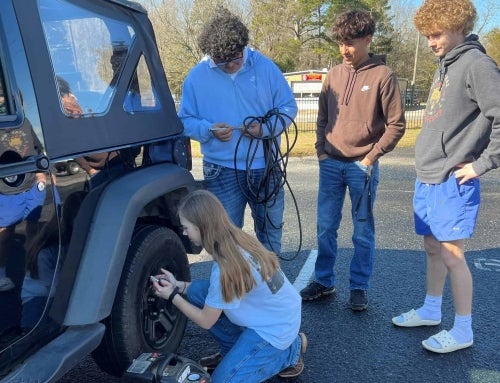Automation improves efficiency and accuracy in food production, and it reduces the need for human labor. While some people are concerned that automation may put farmworkers and food producers out of jobs, many find these new tools make their jobs easier while improving profits. For instance, adding computer vision and artificial intelligence capabilities to automation helps identify problems or address issues that the human eye is unable to see Automation can also alleviate problems that arise simply from routine human error.
Automation Today
On the Farm
To help farmers tackle weeds around the clock, start-ups have created robots that can reduce reliance on chemical inputs and minimize soil disturbance. These robots remove weeds with a variety of methods, such as electrical shock and extraction. Autonomous robots are also used to harvest specialty crops such as strawberries and nuts. Outfitted with computer vision to identify fruits and nuts at peak ripeness, robots harvest produce gently, reducing any bruising or damage.
One of the widest applications of automation in agriculture is autonomous tractors. From major companies like John Deere to burgeoning start-ups such as Bear Flag Robotics, driverless tractors offer farmers a way to get tasks done without spending hours in a tractor cab.
Automation is also being deployed for crop scouting. A start-up called Augmenta developed a plug-and-play device that scans and analyzes plants as a tractor moves to alert farmers of disease ahead of visual inspections. Sensors can also provide farmers with automated alerts for inclement weather, pest pressure and more, for a more proactive approach to yield-zapping problems.
Processors and Distributors
The processing and distribution sectors also benefit from an automation boost. As meat processors face increasing pressures, automation can help improve bottom lines through optimal production. Norwegian start-up Völur helps meat processors decide which cuts to harvest from a carcass to meet demand and reduce waste. Automation also helps food producers enhance food safety programs to identify defects the human eye cannot detect or contamination before it spreads.
Careers in Automation
A career at the intersection of agriculture and automation offers promise, given the growing opportunities. Consider a degree field beyond agriculture, such as computer science, robotics and engineering.
You can help automation grow in agriculture even if you don’t intend to pursue a science or engineering degree.
- Sales representatives assist farmers and food producers to understand which tools may be right for them.
- Marketing communications professionals create effective communication strategies to tell the story of their product or service.
- Customer service positions employ problem solvers and troubleshooters to help farmers operate a given technology.
Wherever your skills and passion collide, there’s opportunity in automation.

